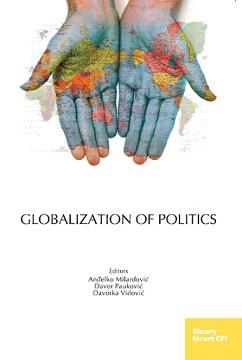Liberal Democracy and the Rule of Law in the Age of Globalization
Liberal Democracy and the Rule of Law in the Age of Globalization
Author(s): Mislav Kukoč
Subject(s): Political Philosophy, Philosophy of Law, Sociology of Politics, Globalization
Published by: Centar za politološka istraživanja
Summary/Abstract: In the ancient Greek tradition democracy, as the rule of the people, in general, did not come together with the rule of law. Plato differentiated democracy according to law (demokratia meta nomon) from democracy without law (demokratia aneu nomon) (Plato, 1961: 302c-303b). Following his idea, Aristotle confronted constitutional republic (politeia) with the middle class in power vs. democracy as the rule of the poor people, without law (Aristotle, 1992: 1279ab). Contrary to the ancient age the modern liberal democracy is generally based on the rule of law. What all agree with, however, is that the modern free democratic society must be marked by the rule of law. There must be a government of laws and not of men and women. In German tradition the rule of law as Rechtstaat means that rulers and their agents are subject to the law as much as anyone else. The state and its agents cannot do as they like; behave in an arbitrary, self-willed fashion: they must obey the law.
Book: Globalization of Politics
- Page Range: 71-85
- Page Count: 15
- Publication Year: 2008
- Language: English
- Content File-PDF

